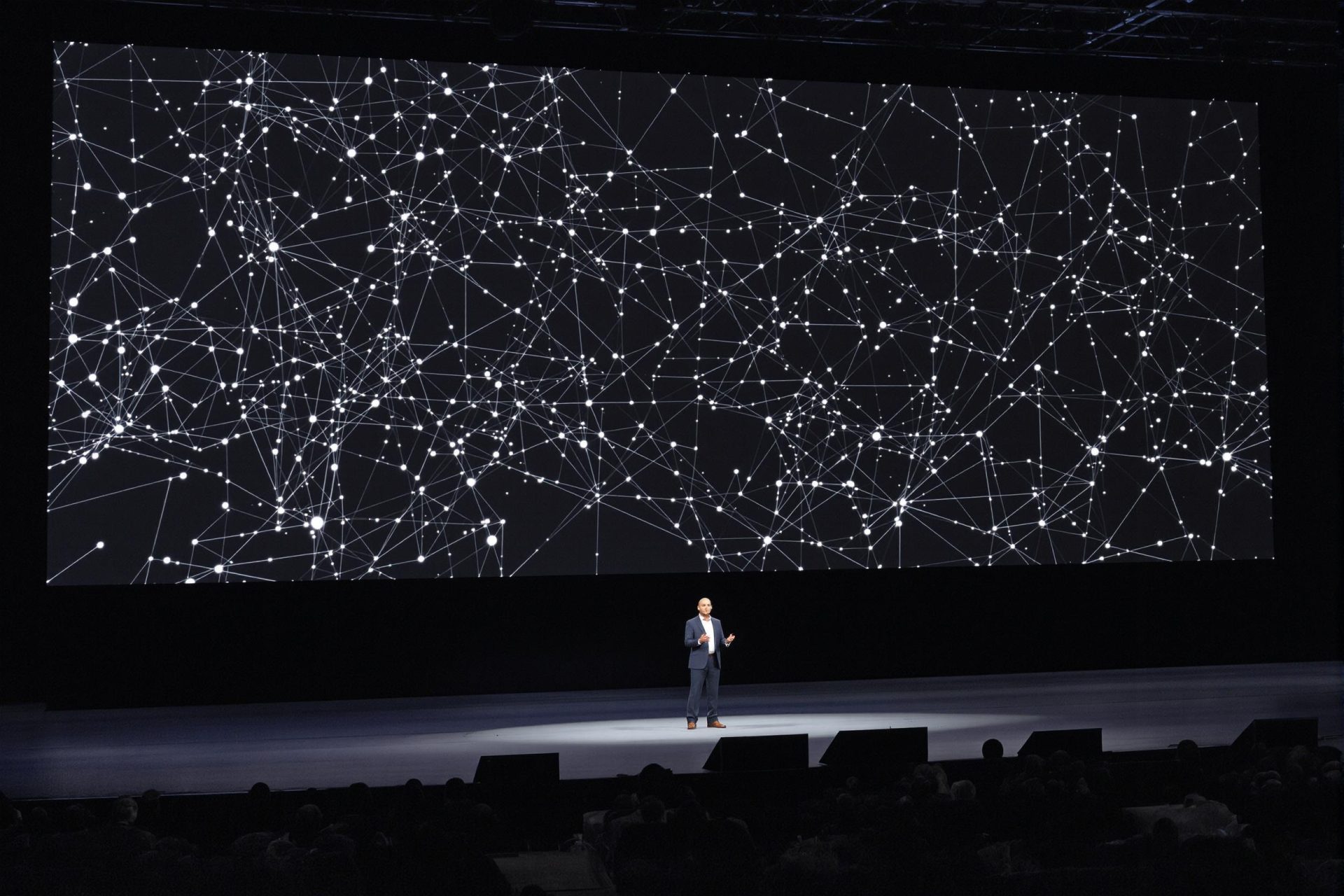Key Takeaways
- Meta CEO Mark Zuckerberg plans to create an AI tool that fully automates advertising for businesses.
- This system would test thousands of AI-generated ad variations on Facebook, Instagram, and Threads users.
- The goal is for businesses to simply state objectives and budgets, with Meta’s AI handling the rest.
- Concerns are being raised about potential impacts on user experience and the traditional advertising industry.
Mark Zuckerberg, Meta’s CEO, is envisioning a future where artificial intelligence completely revolutionizes the advertising industry. He detailed plans for a sophisticated, end-to-end AI ad tool at Stripe’s annual Sessions conference in San Francisco.
The core idea is to build what Zuckerberg calls an “ultimate business results machine.” Businesses would tell Meta their objectives, like acquiring new customers or selling products, set their budget, connect their bank account, and Meta’s AI would then aim to deliver as many results as possible.
A key component of this strategy involves putting thousands of AI-generated “test” ads in front of users on Facebook, Instagram, and Threads. This, Zuckerberg believes, would help find the most effective advertising approaches.
If such a system is built, it could have massive implications. Zuckerberg suggested that while creative ad agencies might still exist, small businesses could potentially skip the creative development phase altogether, letting Meta manage their entire advertising operation.
He argued that Meta’s current ad tools, some already using generative AI, are so advanced that the company no longer recommends customers specify target demographics. According to TechCrunch, Zuckerberg claimed Meta’s tools can identify interested users more effectively than human marketers.
The next logical step, he stated, is to apply this data-driven optimization to the creative aspects of ads. “We’re gonna be able to come up with, like, 4,000 different versions of your creative and just test them,” Zuckerberg explained.
While businesses might find this appealing, there are questions about what this constant AI ad testing will do to the user experience on Meta’s platforms, which are already seeing an increase in AI-generated content.
This move could mean users will encounter even more AI-generated material, this time in the form of ads, potentially cluttering their feeds. It reinforces the idea that on these platforms, users are the product and advertisers the customers.
The advertising industry is also likely to have mixed feelings. There’s been significant debate about the ethics of using generative AI in creative fields. Last October, over 11,000 creators signed an open letter expressing concerns, and lawsuits have been filed against AI art tool developers.
However, not everyone views these AI advancements as a threat. Some advertising executives, like Johnny Hornby, founder of The&Partnership, argue that creating successful branding campaigns still relies heavily on unique human insight.
Regardless of the debates, Zuckerberg seems committed to this vision of automating the ad industry and increasing the presence of AI-driven content across Meta’s ecosystem, whether users or ad agencies are ready for it.



